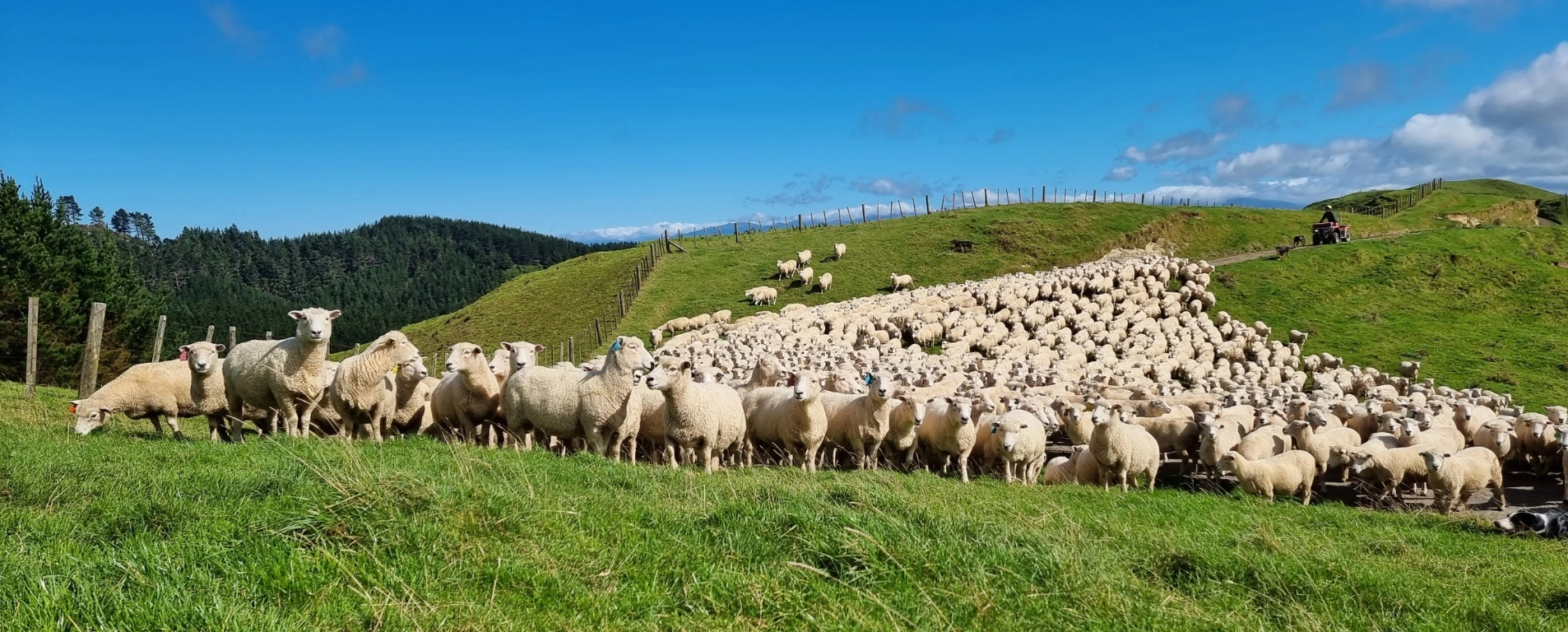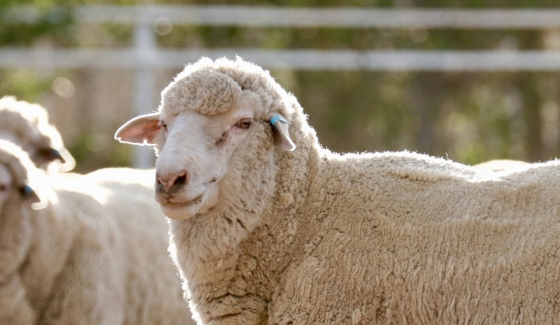
The following editorial was first published in our member's newsletter in June 2023.
What is worse? To have to accept that we are wrong or to hold tight to our views and adapt slowly while we try and squeeze the future into our previously held beliefs?
That is a pretty big theme but one that we all need to continually challenge ourselves with. We are all born with a curious mind and only two fears: the fear of falling and the fear of loud noises. Over time, through trial and error as we experience life and hear the views of those around us that we trust, the list of fears grows exponentially and our minds become more fixed. This is how we have adapted as a species. If we didn’t learn from our mistakes, we would have all been cleaned up by sabre tooth tigers before we really got going!
The problem is not to learn from our mistakes it is to use these experiences and information that we gather throughout our lives to develop a fixed mindset. One where we are confident in how it all works and can easily dispel new concepts by countering them with things that we have previously seen or been told. The problem with this is that our world isn’t constant, it changes, at an ever-increasing rate. The knowledge and technology changes are occurring at a rate that it is simply impossible to know everything (and you don’t need to because Chat GPT does!).
When you mix this fixed mindset with a fear of being wrong you’ve got the perfect cocktail for an extremely slow process of innovation and adaptability and this cocktail plagues us in the livestock industry. We see people holding tightly onto old ways and fearing change, not because they don’t want to be better but because being better is deemed too hard. Being better will mean being wrong - to change is to accept that the previous way was wrong. But as it says in the title of this email - is it worse to be wrong or to be slow? In my mind, it is much worse to be slow than to be proven wrong. Unless you are completely debt free and with no aspirations for growth, being slow to adapt and late to innovate, is one of the most risky things a business can do.
I remember where I was when I first heard the quote “Strong opinions, loosely held” apparently first said by Jeff Bezos of Amazon, I was at Stanford University, Silicon Valley, sitting in a lecture theatre listening to one of the many inspirational speakers I had heard that week. It immediately rang true for me (and it is a constant source of frustration for my wife!). For me, it is important to have strong well-founded opinions, life is simply too hard if everything is a grey area. The great addition to this in Bezos's quote is that you need to be prepared to abandon or change those opinions when new evidence arises or you hear an alternative view. The ability to change, without feeling like you have failed, is a core principle of innovation and the more we embrace that, the faster livestock farming will evolve, and the more the industry will prosper.
The idea for this newsletter came into my mind based on a Twitter conversation where I had signed off with the words - “What got us here, won’t take us there” which is a strong theme in entrepreneurial individuals and words that I’ve heard many times over the years. After a bit of Googling, I now know that the words are based on a quote from a guy called Marshall Goldsmith, who actually said "What got you here won't get you there." It is perfectly matched to a quote from either James or Simon Finlay when chatting with them recently (sorry lads, I can’t remember which of you said it) - “We keep our windscreen clean and our mirrors dirty”. Both of these quotes embrace the fact that the future does not fit within the mindsets and containers of the past, last year wasn’t a dress rehearsal for this year, this year will be different, we have new tools, new information, new knowledge, new skills, this year CAN be very different if we want it to be. If we are open to change, open to new concepts and willing to be proven wrong.
To change we must overcome our confirmation bias, which is our fixed mindset of finding ways to file new information amongst the old information rather than considering that the new information should replace the old. You and I can hear exactly the same information and come up with completely different interpretations based on what we WANT the information to be telling us. A mission, if you choose to accept it, is to spend an hour with a child-like curious mindset. Don’t accept anything as fact, think about alternative explanations, think about how someone who doesn’t have your life experience might view something you are doing, think about alternative ways of doing the things you are doing and keep a completely open mind. Breaking down a fixed mindset, one step at a time has an enormous upside in nurturing and inspiring innovation within your business.
There are definitely times when I have a fixed mindset and am unwilling to accept alternative information but I try to be a lifetime learner, to accept that what I know is fluid and to add new concepts whenever I can. I think this is a handy mindset in the world of genetics. We are constantly breeding animals that have never existed before, this is exactly what it means to make genetic gain, to put together the DNA in a way that has never been done before (how exciting is that by the way!). It is therefore completely ridiculous to think that I can predict the outcome of how this new animal will perform. I can predict how it will go based on how the change from last year to this year went, but I can never know for certain. The important thing is being open to the fact that it might go wrong, that I might have made the wrong breeding decision. If so, I accept, learn, adapt, move on and do it differently next year.









